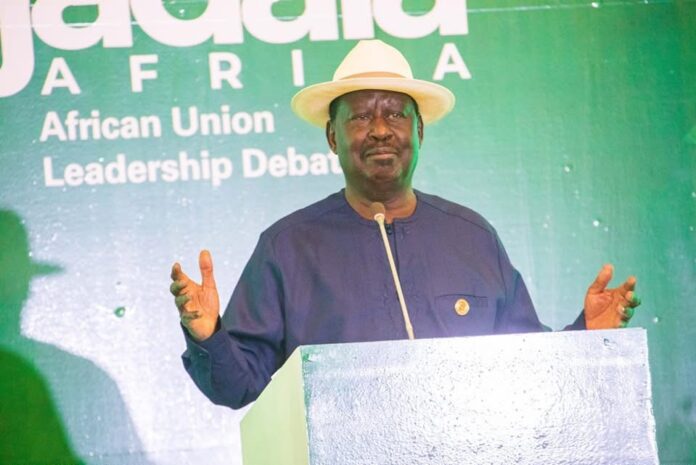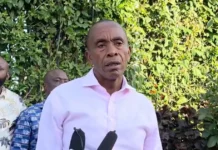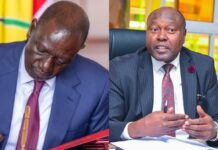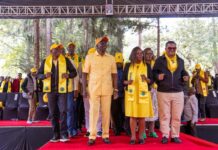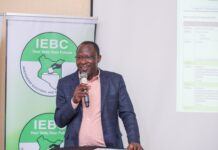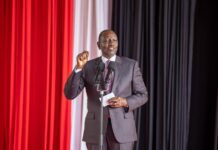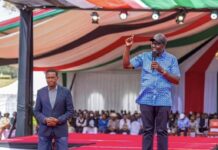As Kenya braces for the upcoming African Union (AU) Chairmanship election in February, the stakes have never been higher for Raila Odinga.
With a legacy steeped in political turmoil and a history of six unsuccessful presidential bids, Odinga’s latest campaign is more than just a quest for a prestigious continental position; it is a bid for redemption and relevance in the ever-shifting political landscape of Kenya.
Odinga’s entry into the race marks a renewed effort by Kenya to secure the AU chairperson seat, an aspiration that has eluded the nation for years.
Undoubtedly, the memory of former Cabinet Secretary Amina Mohamed’s defeat to Chad’s Moussa Faki in 2017 lingers, illustrating the challenges Kenyan candidates face against the backdrop of regional politics and competing national interests.
This time, Odinga is armed with the backing of atleast 28 nations and the full support of President William Ruto’s administration.
However, this aggressive bid is fraught with complexities. Odinga is not just competing against seasoned politicians like Djibouti’s Foreign Affairs Minister Mahamoud Ali Youssouf, who carries significant support from Muslim and Arab nations.
He also has to navigate an undercurrent of skepticism at home. Critics accuse him of abandoning his grassroots supporters for elite political maneuvering. This perception of betrayal complicates his campaign, making it imperative for Odinga to showcase his commitment to Kenya’s interests on the continental stage.
Moreover, the divisive climate within Kenya raises questions about the nation’s readiness to rally behind one of its own.
The historical animosity between various political factions, especially after Raila joined forces with Ruto, creates a fragile alliance that could easily fracture.
As former Deputy President Rigathi Gachagua noted, Raila’s presence in the AU could serve to consolidate power for Ruto, eliminating potential rivalries ahead of the 2027 presidential elections.
Yet, Odinga’s campaign is not just a tactical move for personal gain. It represents a broader narrative about Kenya’s position within Africa. The country’s struggle for the AU seat reflects its aspirations to be taken seriously as a regional leader, capable of influencing critical continental issues—from peace and security to economic development.
Ultimately, the outcome of the AU Chairmanship election could redefine not only Odinga’s political future but also Kenya’s trajectory on the continent.
As the elections approach, Kenya finds itself at a crossroads, needing to reconcile its internal divisions while fortifying its role in continental leadership. Raila Odinga’s bid—likely a defining chapter in his storied political narrative—could either mark a moment of triumph or serve as a stark reminder of the persistent challenges that have long hindered Kenya’s ambitions on the African stage.
The political gamble is on, and the world will be watching as the AU electorate weighs the merits of a “son of the soil” against the complexities of regional politics.









